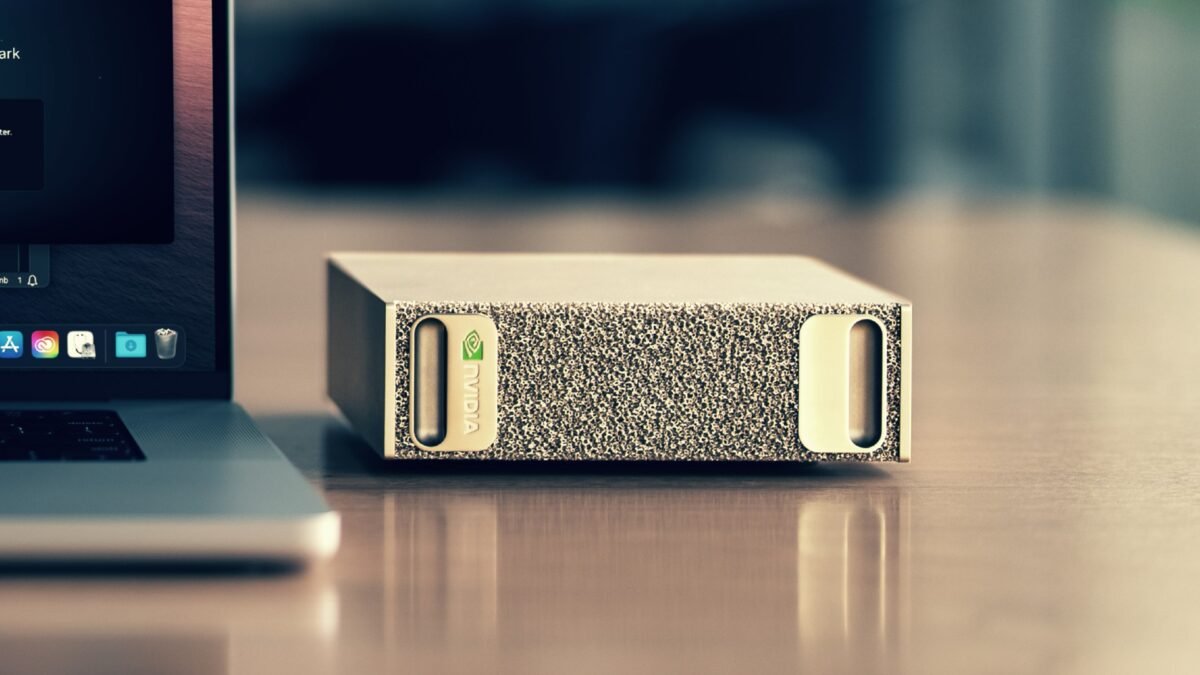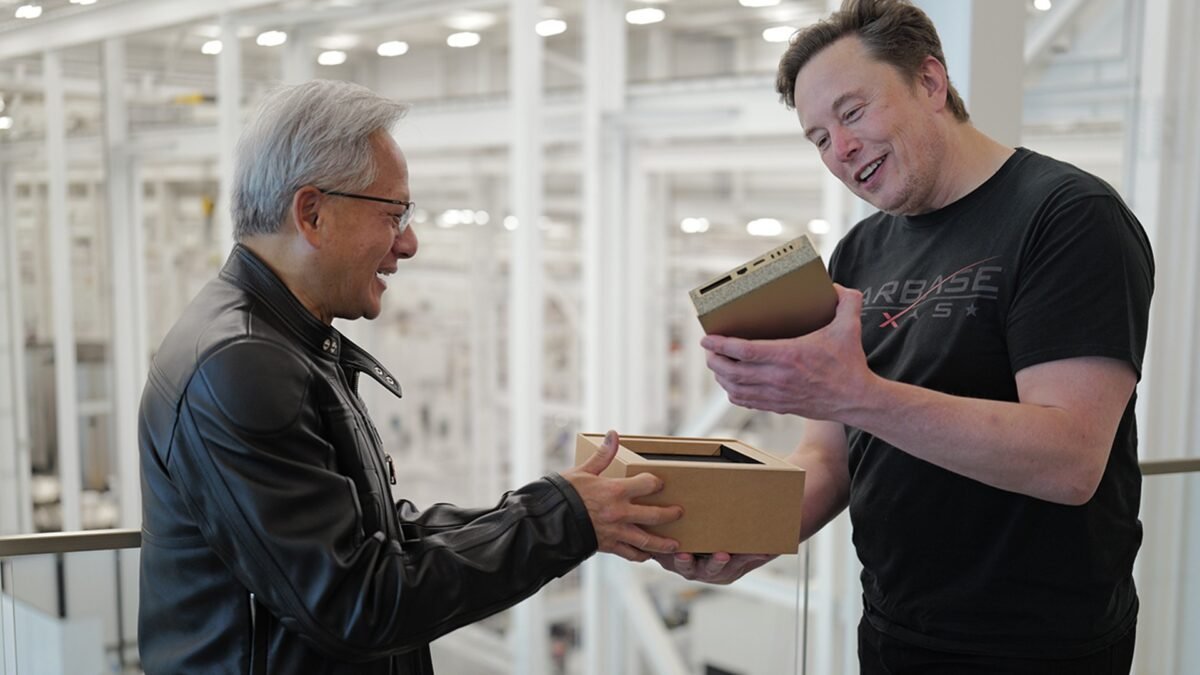
NVIDIA DGX Spark, basically the smallest personal AI supercomputer, goes on sale October 15 for $3,999. DGX Spark delivers data-center-level performance in a desktop-sized form factor, designed for developers, researchers, and AI enthusiasts. It’s small, fast, and powerful enough to handle massive AI models without using the cloud.
NVIDIA has started shipping DGX Spark, a compact desktop AI supercomputer built on the Grace Blackwell architecture. It delivers 1 petaflop of AI performance and 128GB of unified memory, letting developers train and run large AI models locally instead of relying on the cloud.
Jensen Huang personally delivered the first DGX Spark to Elon Musk at SpaceX, a callback to when he hand-delivered Musk one of the first DGX-1 units at OpenAI in 2016, the system that helped spark the AI boom.

Huang met Musk at Starbase, where SpaceX was prepping its 11th Starship test flight. “Imagine delivering the smallest supercomputer next to the biggest rocket,” Huang said.
“The goal is to place an AI supercomputer on the desks of every data scientist, AI researcher, and student”
Jensen Huang
DGX Spark packs NVIDIA GPUs, CPUs, NVLink-C2C, and ConnectX-7 200 Gb/s networking, giving five times the bandwidth of PCIe Gen5. It can handle inference on 200B-parameter models and fine-tuning for 70B-parameter models on-device.
DGX Spark comes with NVIDIA full AI toolkit preinstalled, NVIDIA AI software stack — CUDA libraries, NVIDIA AI Enterprise, and NIM microservices. You can start building image models, chatbots, or AI agents instantly, no setup, no waiting. Developers can use it out of the box for projects like customizing FLUX.1, building vision-language agents with Cosmos Reason, or running Qwen3 chatbots.
The $3,999 base unit can be ordered from NVIDIA.com and through select partners such as Acer, ASUS, Dell, HP, Lenovo, MSI, and GIGABYTE, each offering customized versions worldwide. DGX Sparks are already appearing at Arizona State University, NYU Global AI Frontier Lab, Zipline, and Refik Anadol’s studio, where researchers and creators are testing robotics, vision models, and generative art.
Early reviews have been strong. HotHardware called it “purpose-built hardware that even novices can use.” ServeTheHome called it “freaking cool — a must-have for AI devs.” Level1Techs called it “a lab in a box.”










